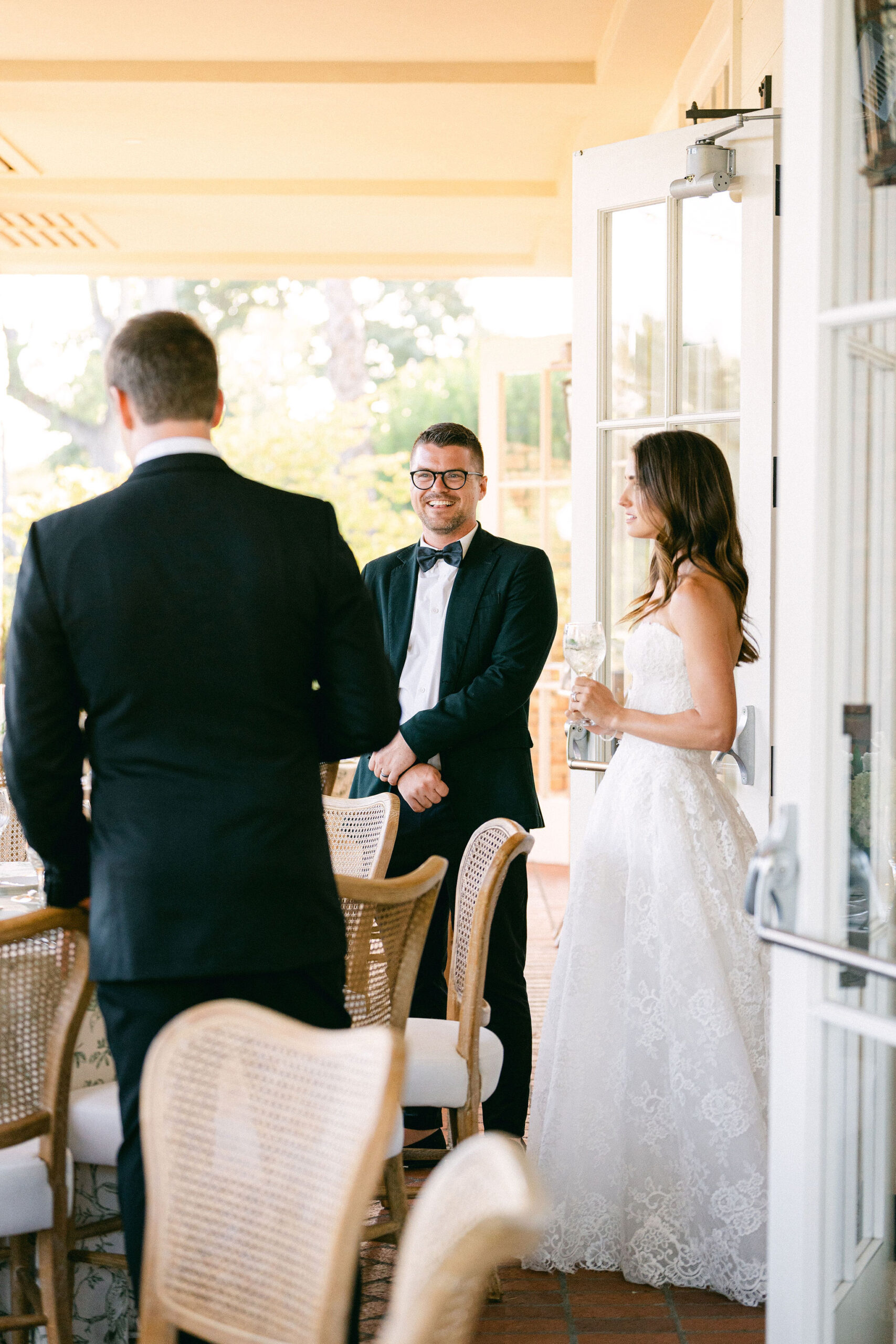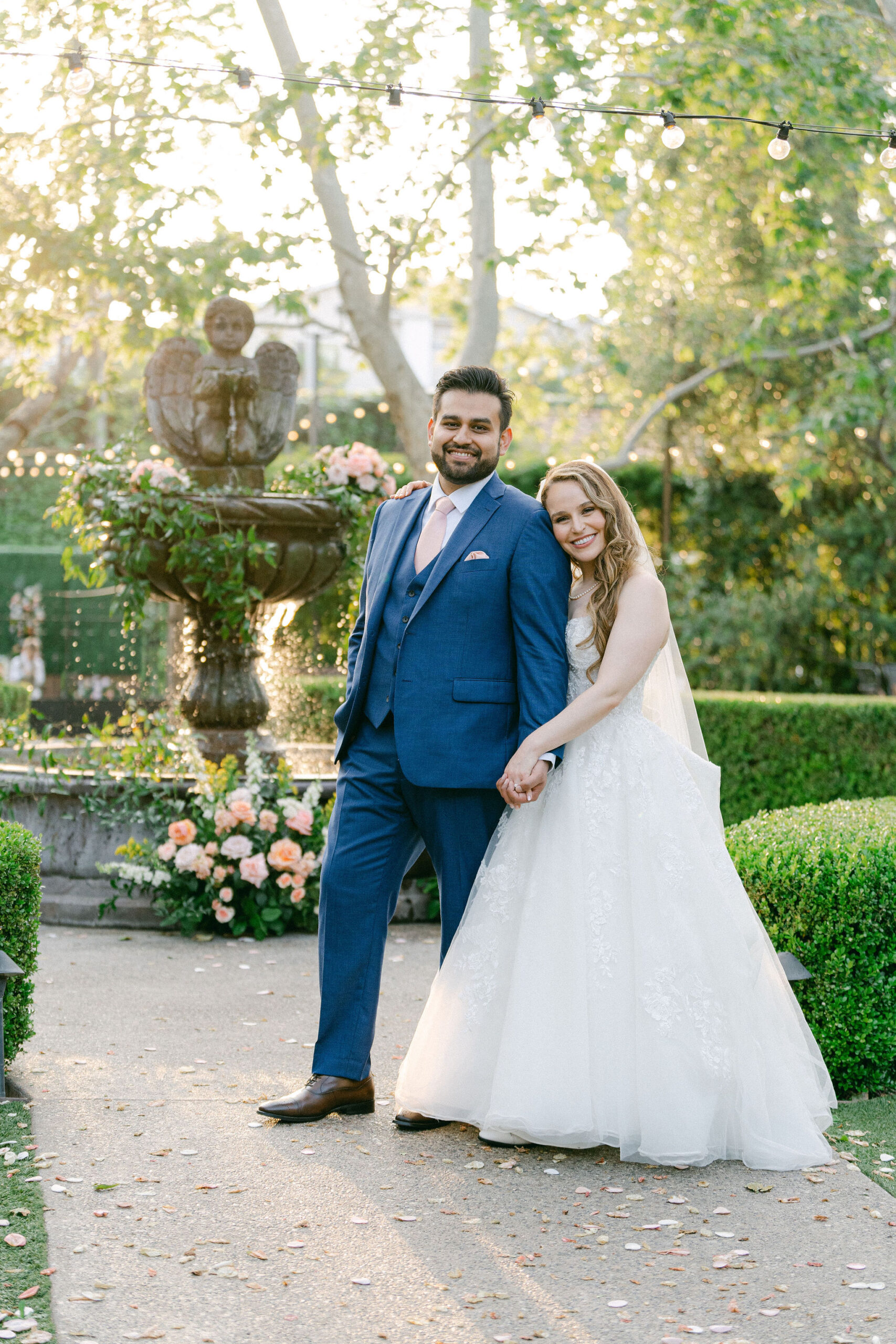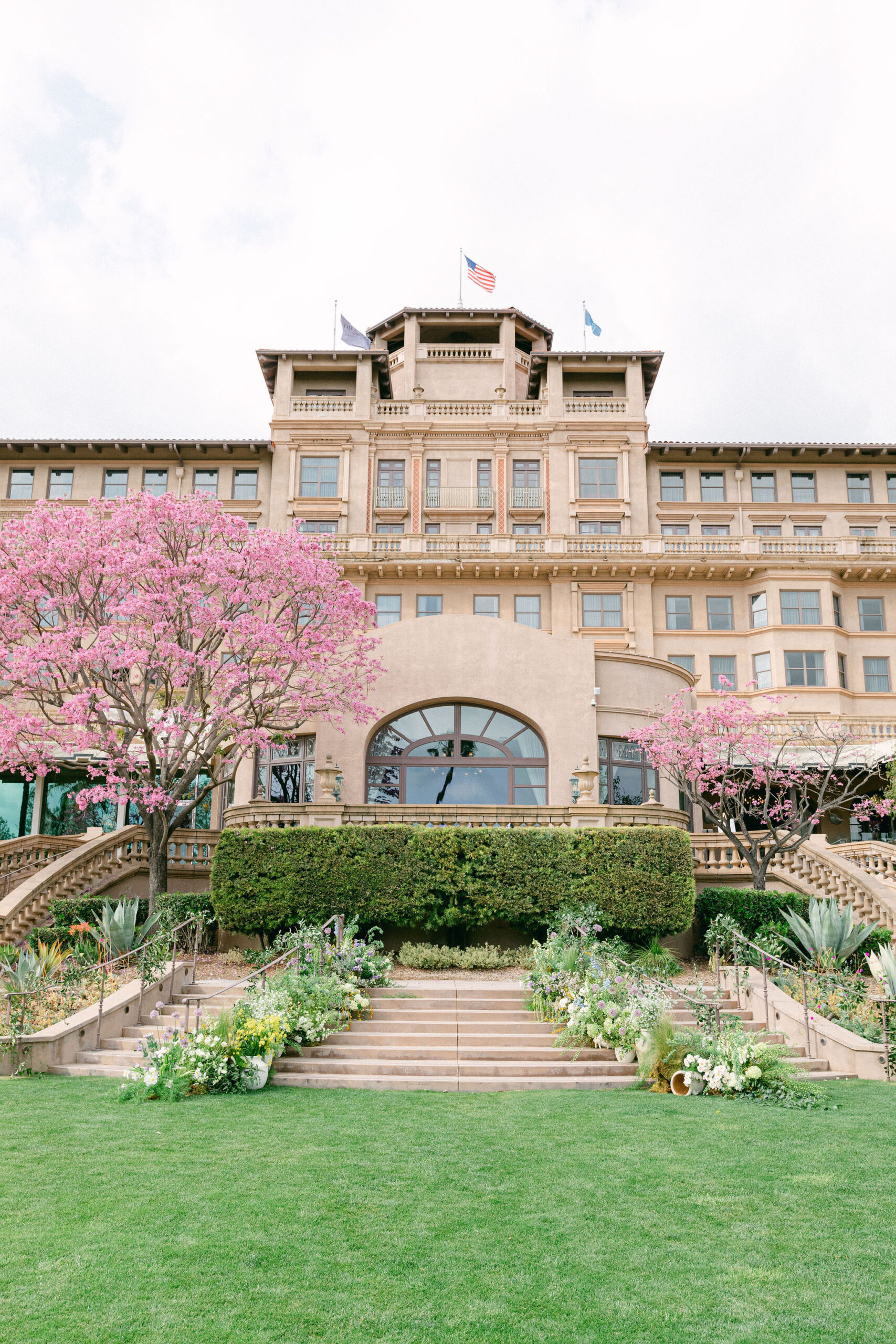A guide for aspiring photographers who want to grow by supporting and learning on real wedding days
Being a second shooter is more than a stepping stone. It’s a chance to refine your craft, develop intuition, and become a true visual storyteller. If you’re serious about becoming a great photographer, start by becoming the best second shooter you can be.
1. Embrace the Learning Opportunity
Second shooting gives you front-row access to how a wedding day unfolds from start to finish. Watch how the lead photographer communicates, moves, composes, and adapts. Think of it as your hands-on mentorship in real time.
2. Communicate Effectively
Before the wedding day, have a conversation with the lead photographer. Ask about:
- What they want help with
- What lens pairings or focal lengths they prefer you to use
- How they want files delivered
Clarity now means less confusion later.
3. Master Your Gear
Know your camera and lenses inside out. This isn’t the time to fumble through settings. Be ready to shoot with intention, speed, and confidence. Learn to shoot in full manual and master that skill.
4. Anticipate and Adapt
Weddings are fluid and fast-paced. Train your eye to anticipate moments: emotional reactions, meaningful glances, subtle shifts in energy. Move quietly, think quickly, and stay one step ahead.
5. Respect Boundaries
Support the lead photographer. Don’t mirror or compete with them. Avoid blocking their shot or interacting with the couple unless asked. Your professionalism is just as important as your skill.
6. Shoot Intentionally and Complementary
Here’s where you can truly shine. Your job is to fill in the visual gaps.
- If the lead is shooting wide, go tighter. Focus on hands, reactions, and textures.
- If the lead is on the bride, look at the groom or guests.
- If the lead is front and center, look behind them. Capture what they can’t see—mom’s quiet tears, the kids sneaking cupcakes, the quiet pause between speeches.
Don’t just replicate the lead’s frame—tell the rest of the story.
Second shooters who master this skill, I will re-hire over and over.
7. Review and Reflect
After each wedding, look at your images with a critical eye. What worked? What didn’t? What would you do differently? Growth comes from self-awareness and intentional improvement.
I still do this after every wedding. There’s always room for growth and always something I wish I had done differently.
8. Seek Feedback
Ask the lead photographer what they loved and what you could improve. Be open to critique. Every piece of feedback is an investment in your future skillset.
9. Develop Your Style
While you’re there to support the lead, it’s okay to notice the kinds of moments, lighting, or compositions you naturally gravitate toward. Those instincts are clues to your emerging style.
10. Stay Inspired
Follow photographers you admire. Read books, watch films, notice light in everyday life. Inspiration fuels passion, and passion will carry you through the hard parts of the job.
Mentorship Opportunity for Second Shooters and New Photographers
Being a second shooter is not a lesser role. It’s a powerful place to grow, observe, and refine your voice behind the camera. Honor the job. Stay curious. Keep learning.
One day, someone will be second shooting for you.
And you’ll remember how it all started—with care, humility, and a deep love for the craft.
Whether you’re a second shooter ready to lead with confidence or an emerging photographer refining your brand to attract elevated clients, this mentorship was designed to meet you where you are—and guide you toward where you want to be. From shooting with intention to building planner trust, creating a seamless client experience, and presenting yourself like a true professional, you’ll gain the insight and structure you need to grow with purpose.
Availability is limited to ensure a truly personalized experience—explore the options below and choose the path that aligns with your next chapter.





